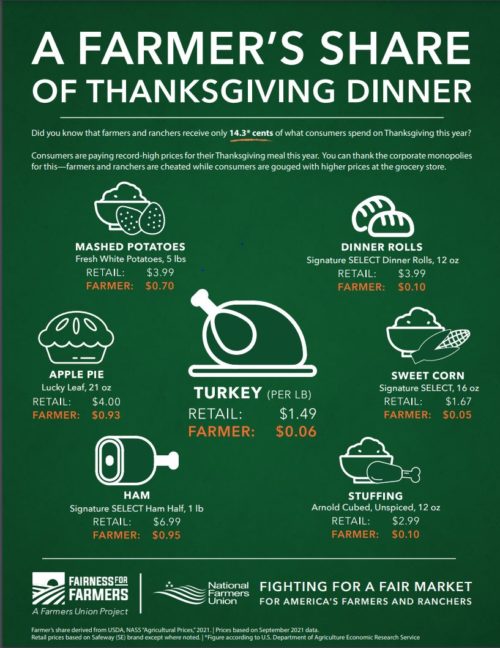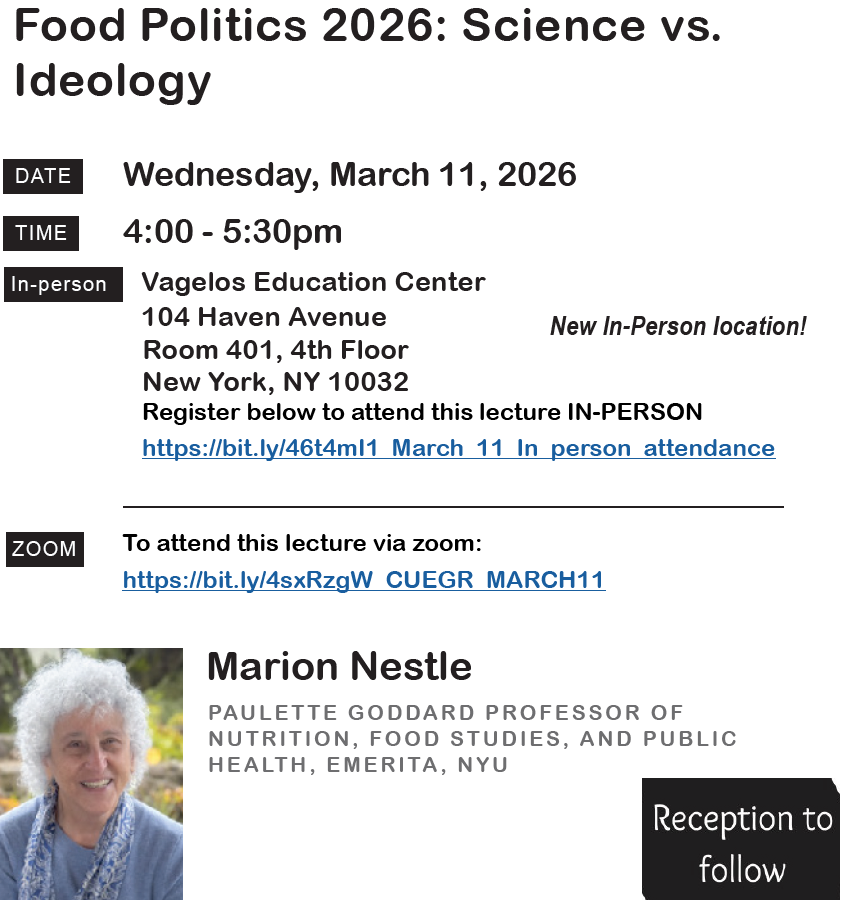Keeping up with the plant-based food product industry
New items come out every day about the plant-based market for alternatives to meat and dairy foods. Think of this as big business and hyper-marketing.
- By the numbers: Plant-based food sales and prices: In 2020, plant-based food retail sales grew 27% to be worth $7 billion, according to SPINS data released by the Good Food Institute and the Plant Based Foods Association. And even as consumers spent more money on groceries due to the pandemic, the plant-based segment grew at a faster clip than traditional products as a whole.
- Impossible Foods confirms plans for UK launch: The US brand, infamous for its meat-free burger that appears to ‘bleed’ like real meat, has confirmed plans to launch in Britain after applying for regulatory approval…. Read more
- Tracking the plant-based protein movement: Maple Leaf Foods’ Field Roast brand launches pea protein-based pepperoni at Whole Foods and Filipino brand UnMeat comes to a West Coast retail chain.5 ways to boost plant-based products in grocery stores: While there are many factors that play into plant-based product sales — including the category’s buzz, sustainability issues, animal welfare concerns, food allergies and the perception of a better health profile — retailers are an important link in the chain.. A study conducted by PBFA and Kroger between December 2019 and last February found that plant-based meat products sell 23% better when they’re in the meat section.
Food flavour facility to explore sustainable plant-based foods: The University of Nottingham has joined forces with the University of Adelaide to launch a new international food flavour facility to improve the taste of sustainable, healthy, plant-based food and ingredients. Read more - Brits seek UK oat-drinks, but unaware of plant-based origins: Glebe Farms: A majority of Brits would prefer to buy plant-based milk from the UK, but many are unaware where their dairy alternatives are coming from, according to Glebe Farm Foods. Read more
- Quorn and Wibble Foods: Latest vegan launches: Meat alternatives firm Quorn and plant-based jelly pot manufacturer Wibble Foods revealed new vegan NPD this week. Read more
- Nestlé plant-based launches and cereal reformulation: Nestlé has boosted its vegan offering with the launch of plant-based egg and shrimp, as its reveals its latest progress toward reducing sugar in its cereal products. Read more
- Dairy… the next generation? General Mills unveils animal-free cream cheese alternative: Bold Cultr: General Mills has made a move into the emerging ‘animal-free’ dairy category with a brand called Bold Cultr – a lactose-free cream cheese alternative utilizing dairy proteins from Perfect Day made via microbial fermentation (without cows)…. Read more
- Alt protein: Israeli start-ups innovate with grasshoppers, fermentation, and ‘plant made’ meatFrom ingredients to finished products, start-ups are innovating to produce the next hottest products in the alternative ingredient space. FoodNavigator hears from three making a splash in Israel’s food tech scene…. Read more



